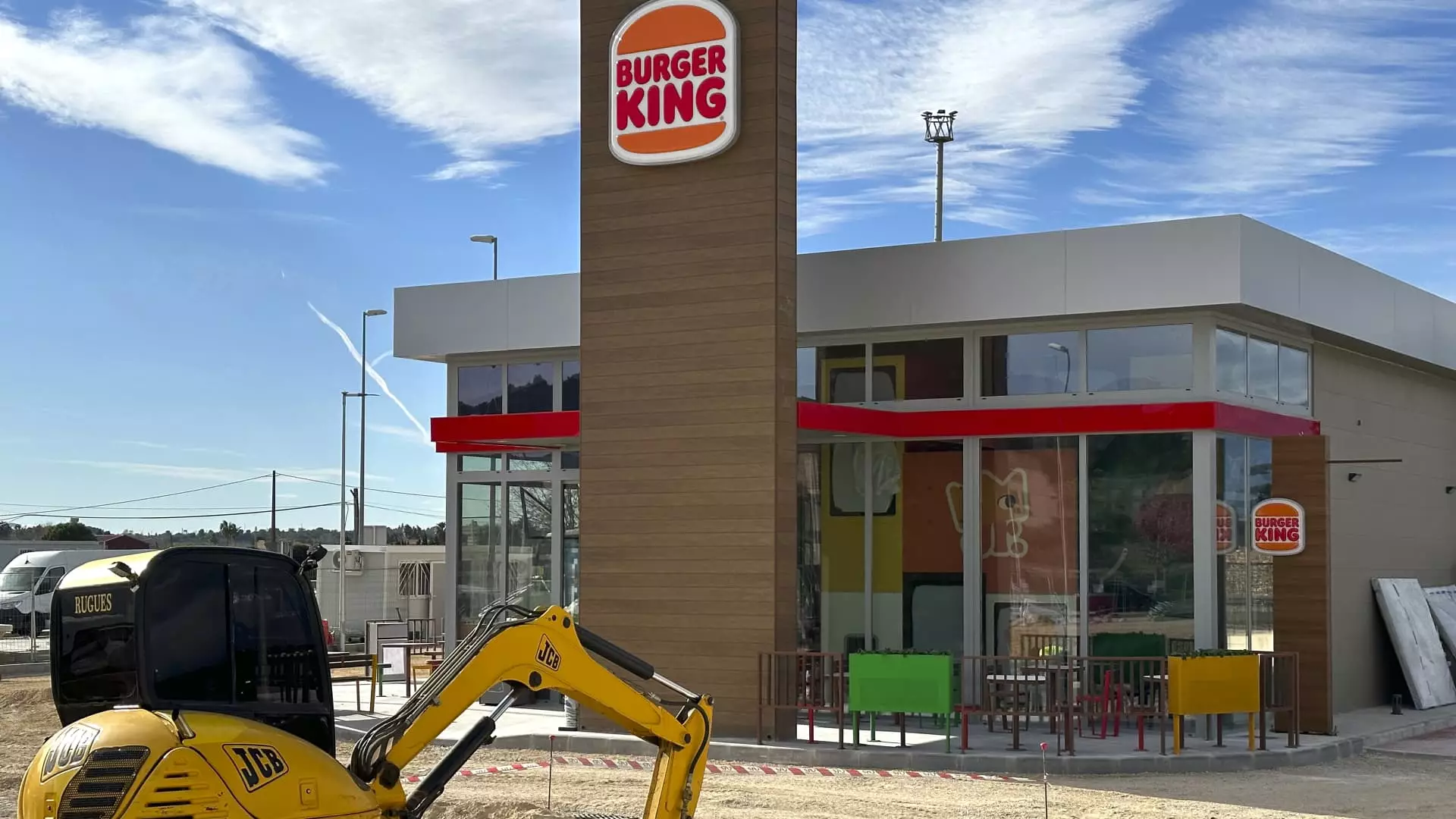In its latest quarterly earnings release, Restaurant Brands International (RBI) reported results that were lower than analysts had anticipated. The company, which oversees major fast-food chains such as Burger King, Popeyes, Firehouse Subs, and Tim Hortons, presented earnings of $0.93 adjusted per share, falling short of the expected $0.95. Additionally, their revenue for the third quarter reached $2.29 billion, which did not meet the Wall Street estimate of $2.31 billion. One of the most concerning aspects of this report was the stagnation in same-store sales growth across all four of its primary brands, with a meager 0.3% increase noted globally.
A closer look at the individual chains reveals significant challenges. Burger King, for example, experienced a decline of 0.7% in same-store sales, contrary to expectations that sales would remain flat. This branded theme of underperformance extended to Popeyes as well, where a reported decrease of 4% in same-store sales fell alarmingly short of the anticipated 0.2% increase. Meanwhile, Firehouse Subs faced a steep drop of 4.8%, significantly higher than analyst predictions of a minor 0.4% dip. The pressure on these franchises is compounded by a drop in consumer spending at restaurants, leading to increased competition as these chains battle for consumer dollars.
On a more positive note, Tim Hortons emerged as the best performer among RBI’s brands, posting a 2.3% growth in same-store sales. However, this too was beneath the expectations of 4.1%, indicating that even its success was muted against analyst forecasts. This discrepancy between actual and anticipated performance raises questions about the overall health of RBI’s portfolio.
Recent Improvements and Future Outlook
Despite the underwhelming results for Q3, RBI’s CEO, Josh Kobza, expressed a more optimistic outlook for the fourth quarter. He noted that early October trends reflect positive shifts, with low-single-digit same-store sales growth indicated across the entire business. Kobza attributed this improvement to enhanced marketing strategies aimed at customers, a reduction in gas prices, stabilizing interest rates, and moderating inflation—all factors that could positively influence consumer spending.
While it’s encouraging to see signs of recovery, the fundamental challenges facing Burger King and Popeyes remain concerning. With competition in the fast-food arena intensifying, particularly in the realm of value offerings, it will be critical for these brands to adjust quickly to shifting consumer preferences. Brands like Popeyes are attempting to capture market share through promotional campaigns focusing on value meals, yet it remains to be seen if these efforts will yield lasting results.
Interestingly, RBI’s financial performance was buoyed in part by strategic acquisitions made earlier in the year, notably its purchase of a significant U.S. Burger King franchisee and the expansion of the Popeyes brand in China. These acquisitions contributed to a substantial overall net revenue increase of 24.7% year-over-year, reinforcing the importance for restaurant chains to pursue growth avenues beyond traditional marketing and operational strategies.
Nonetheless, it’s imperative for RBI to not only focus on expansions and acquisitions but also to refine its core operations and restore brand loyalty among its existing customer base. The struggles experienced in Q3 could serve as a wake-up call for the company to innovate and better engage consumers.
While Restaurant Brands International is witnessing mild improvements in sales trends as of the fourth quarter, the underperformance of its major chains during the third quarter calls for a careful reevaluation of its strategies moving forward. The restaurant industry remains in a state of flux, requiring adaptability and creativity in digital engagement and in value proposition to consumers. As the company navigates this challenging landscape, the success of its upcoming initiatives will be pivotal to sustain growth and profitability in the long run. Only time will tell if these strategic pivots will foster the needed recovery across its brand portfolio.

